Rajesh Dempo on growth, recovery and resilience at Vision Dempo
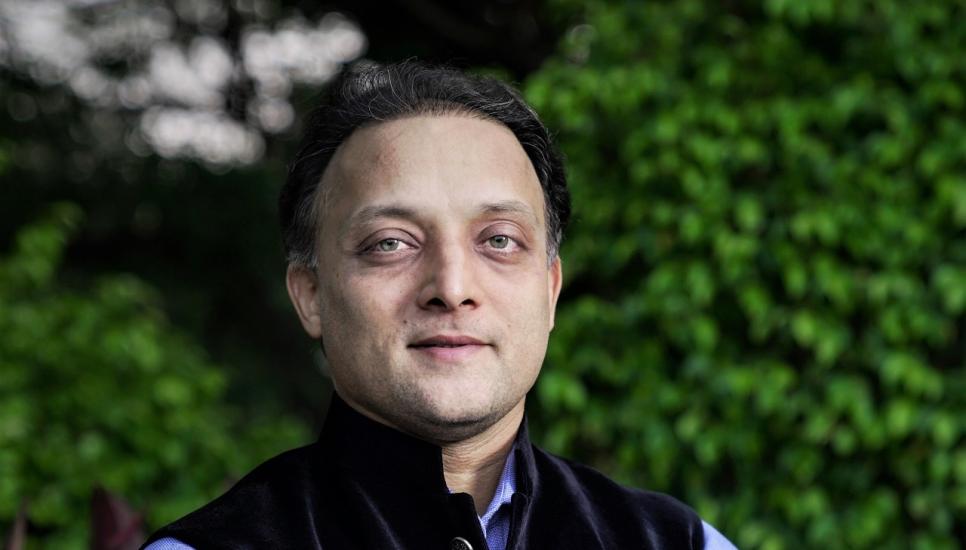
Rajesh Dempo, a third-generation scion of Goa’s prominent Dempo business dynasty, says his diversified Vision Dempo group was expanding at pace just before the Covid-19 outbreak in India, but strategic lessons are now being learned from handling the crisis to enhance operations and opportunities.
Dempo finds himself at the sharp end of the coronavirus pandemic’s impacts on society with his dynamic group of companies trading in real estate, hospitality, healthcare, education and film production and entertainment sectors.
The managing director founded his own venture, Vision Dempo, in 2006. However, his ancestors have pioneered the industrialisation of the western coastal state of Goa over more than five centuries.
Rajesh Dempo is the son of Vishwasrao Dempo (pictured below), a late director of the family’s Dempo Group of Companies and a trustee of the Dempo Charities Trust. Rajesh is the grandson of the late Voicuntrao Dempo (also pictured below), who co-founded Dempo Group with his elder brother, Vasantrao Dempo, in 1941.
The late Vasudeva Dempo, son of Vasantrao, consolidated the industrial activities of the family business. The group’s activities included calcined petroleum coke production, shipbuilding, newspaper publishing and electronic media, food processing, real estate development, sports promotion, the travel business, renewable energy generation and mining.
Shrinivas Dempo, 52, son of Vasudeva, is the third-generation chairman of Dempo Group. The group’s flagship company is Goa Carbon, India’s second-largest calcined petroleum coke producer and a listed supplier of aluminium smelters, graphite electrode and titanium dioxide manufacturers.
A director of Goa Carbon, Rajesh Dempo tells CampdenFB how he started his career in the family business then followed his own entrepreneurial path with Vision Dempo. He discusses his strategies for growth, resilience and recovery in addition to his thoughts on good governance, philanthropy and succession.
 After completing your masters in the United Kingdom, you returned to Goa and joined Aparant Iron and Steel Pvt Ltd, a Dempo subsidiary, as a management trainee. Growing up, was it always your ambition to join the family business and how did your family coach you as a next-gen?
After completing your masters in the United Kingdom, you returned to Goa and joined Aparant Iron and Steel Pvt Ltd, a Dempo subsidiary, as a management trainee. Growing up, was it always your ambition to join the family business and how did your family coach you as a next-gen?
Yes, as a child joining our family business and being part of it was always on my mind. Coming from a family of entrepreneurs with history spanning serval centuries, it was quite natural that I would pursue the same calling.
After my graduation, I worked for a short while at ICICI Bank for work experience, which gave me exposure working outside the comforts of our own family business. After I completed my master’s in business administration in the UK, I returned to Goa and immediately joined as a management trainee at Aparant Iron and Steel, initially working at shop floor level, wherein I completed my induction training in different departments for a year. From there on, I steadily moved my way up to manager supply chain and finally head of business development and corporate affairs before being appointed as a director on the board.
During my tenure at Aparant, I had a strong urge to do something on my own and nurture my entrepreneurial skills. When I conveyed the same to my Dad (Vishwasrao Dempo, pictured below), he whole-heartedly supported my decision and gave me the encouragement with which I founded the Dempo Vision group.
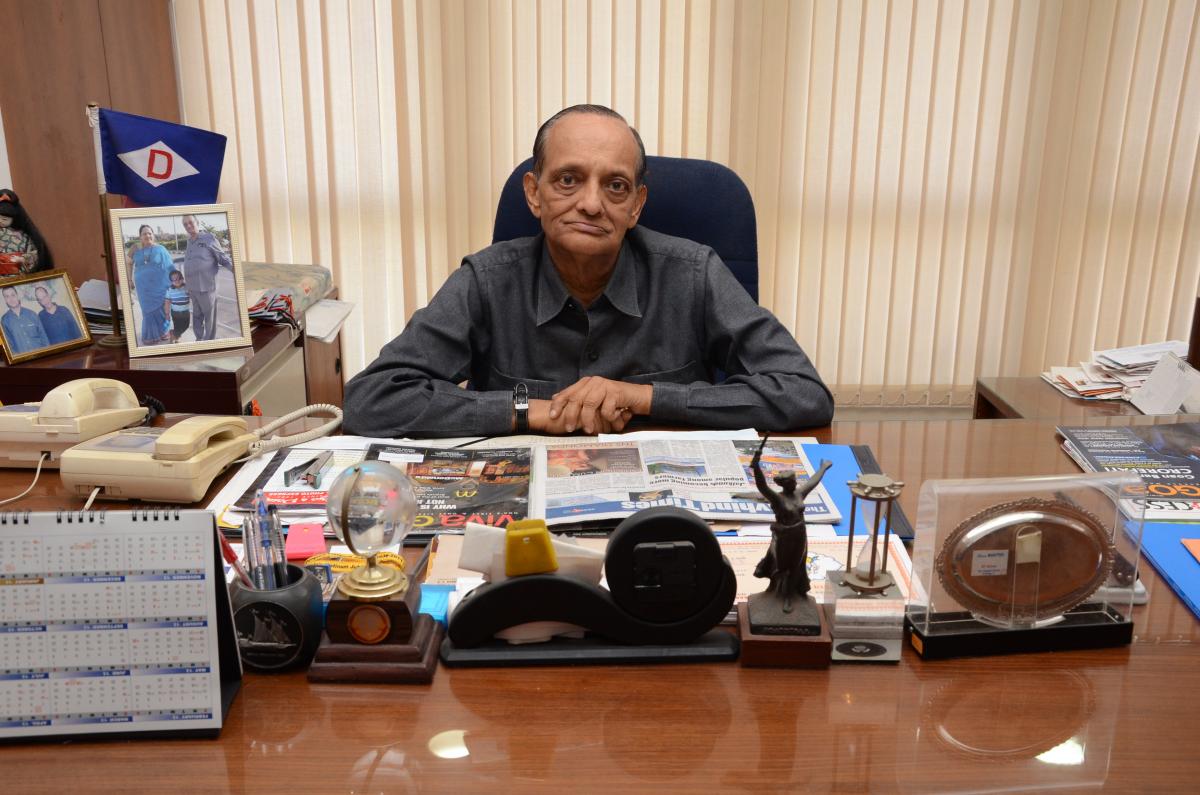 What prompted you to diversify the verticals of Vision Dempo so broadly, into real estate, hospitality, healthcare, media and education, and so rapidly, starting with Vision Dempo Real Estate Developers in 2006, when most entrepreneurs tend to focus on one direction?
What prompted you to diversify the verticals of Vision Dempo so broadly, into real estate, hospitality, healthcare, media and education, and so rapidly, starting with Vision Dempo Real Estate Developers in 2006, when most entrepreneurs tend to focus on one direction?
Quite frankly, it gives me great pleasure working in different sectors as each industry has its own set of challenges and business wise, there are ample opportunities to integrate various businesses through IT, cross-marketing, etc.
The main areas of business at Dempo Vision are real estate and hospitality. The group is currently looking to expand in both these sectors and backward integrate for their sectors. All the verticals that we have chosen to diversify into have tremendous potential. Sectors, such as healthcare and education, are also a great initiative and present a more emotional connection with our clients, thus earning high levels of goodwill. The media and entertainment businesses were driven more by our passion for cinema, theatre and music, all of which are directly related with this business vertical. The aim of this division was to spread social issues through various regional languages.
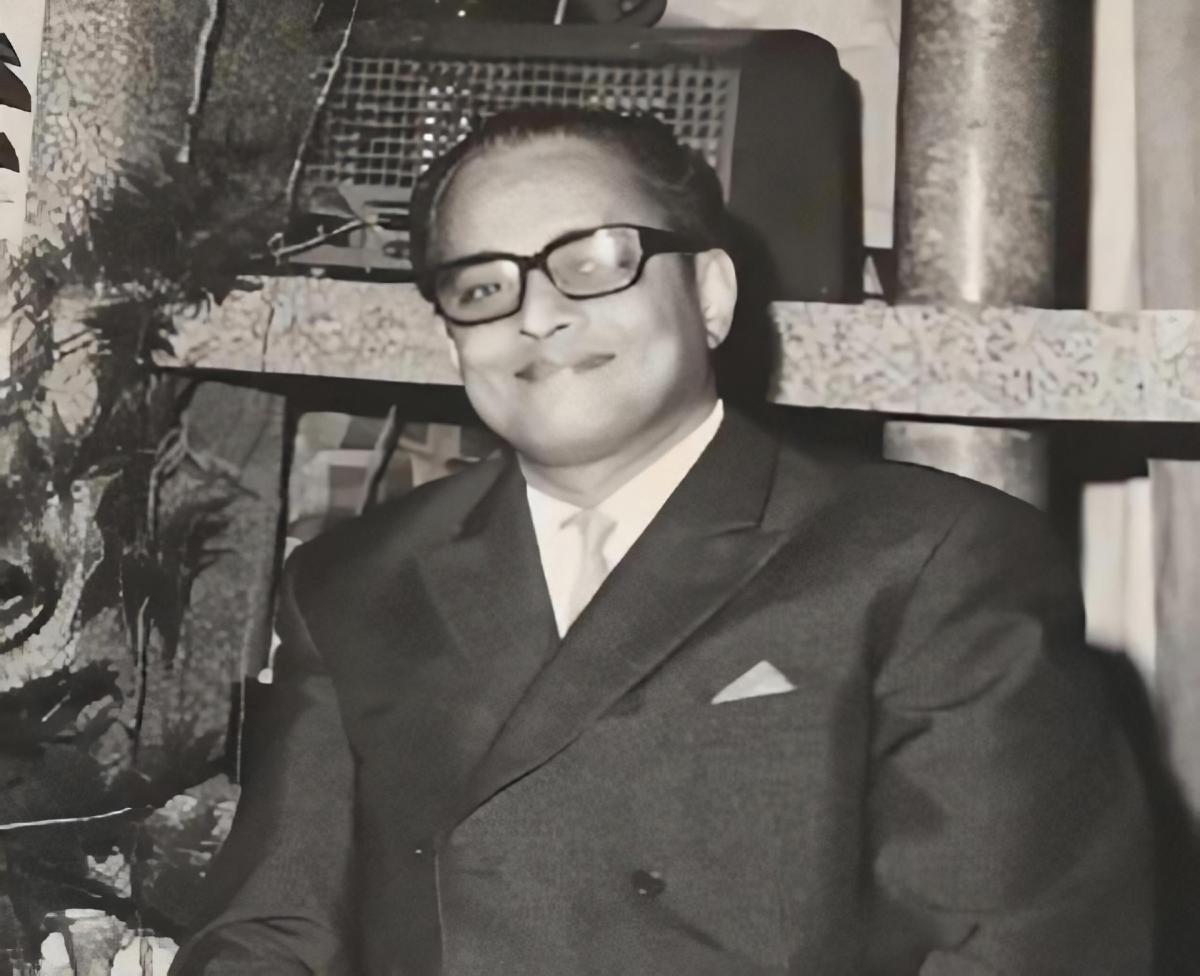 What have been the toughest business decisions during the coronavirus pandemic?
What have been the toughest business decisions during the coronavirus pandemic?
With Covid uncertainty looming over us, we needed to stay focused and take each day as it comes. During the lockdown and shortly after, businesses the world over were disrupted, many of them forced to close down and staff retrenched in large numbers, the hospitality industry probably being one of the worst hit.
Our senior team members and general managers of all our verticals sat with their respective staff and volunteered for substantial salary reduction so that the entire staff of the group companies is not impacted and they continue to get minimum salaries. This was a tough decision to make and it speaks volumes of our workforce as they were putting the team and organisation above oneself.
We had to put the brakes on our expansion plans across all verticals as things were very uncertain post lockdown. The management had to retrospect on these plans as the dynamics of the business and consumer priorities had greatly changed and at that time, we could not see the light at the end of the tunnel. This involved some tough decisions, like keeping the launch of our new projects indefinitely on hold as we were ready to launch a couple of real estate and hospitality projects when the pandemic struck.
Thankfully things are getting back on track now and although we have lost nearly a year since Covid started, we are all geared up to move on and we look forward to exciting times ahead.
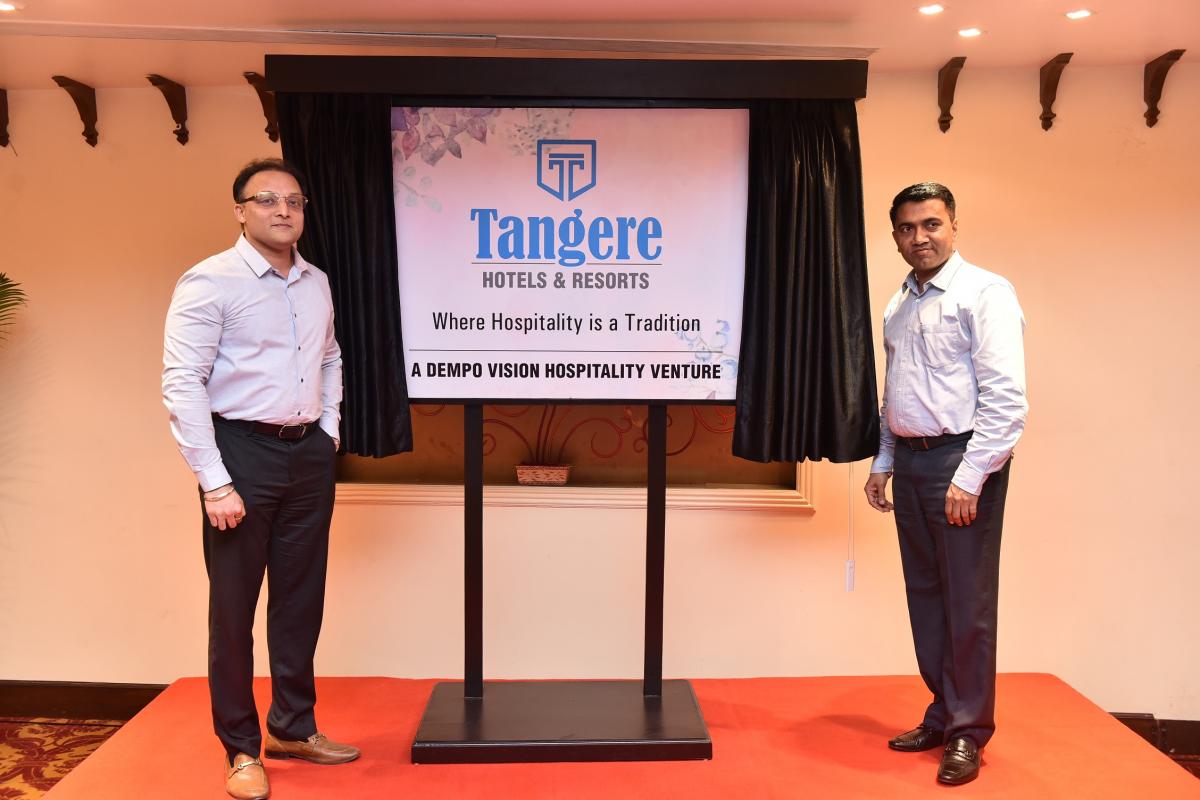 How are you adapting your growth strategies in each of those Vision Dempo verticals towards Covid-19 recovery?
How are you adapting your growth strategies in each of those Vision Dempo verticals towards Covid-19 recovery?
It was important to spend a lot of quality time to understand the impact of Covid-19 on our businesses across the group and how things were going to change going forward. It is important to make sure that the choice you make is between all the available options and is the best one for your business in these trying times.
Just before the Covid-19, we were in expansion mode with our new projects in the pipeline, we were planning to launch a new hospitality brand and work was about to start on our new business hotel and resorts and spa. The coronavirus pandemic has impacted the entire world, not just India or Goa, so when it happened all industries were hit and the hospitality industry was hit the most. This is an unprecedented situation that we are in and the sooner we come to terms with it, the better.
Lots of positive lessons were learnt from this situation. Besides the operational issues that the tourism industry is facing, the reduced traffic to hotels will also have a cascading effect on the revenue from rooms, FNB [food and beverage], MICE [meetings, incentives, conferences and exhibitions], functions and other areas going forward. We are working on revisiting our costs and expenditure, budget re-allocation, diversion of real-estate and hotel marketing spends, deferring investment plans for our upcoming projects as we plan our budgets for the upcoming months. Besides, we are putting together several measures to enhance our guest experience as we welcome them back to hotel.
We are also using technology in all our ventures—real-estate, hotels and healthcare—to improve client confidence. Our hotel is infusing new technologies into operations to boost traveller confidence and to safeguard them and employees as well.
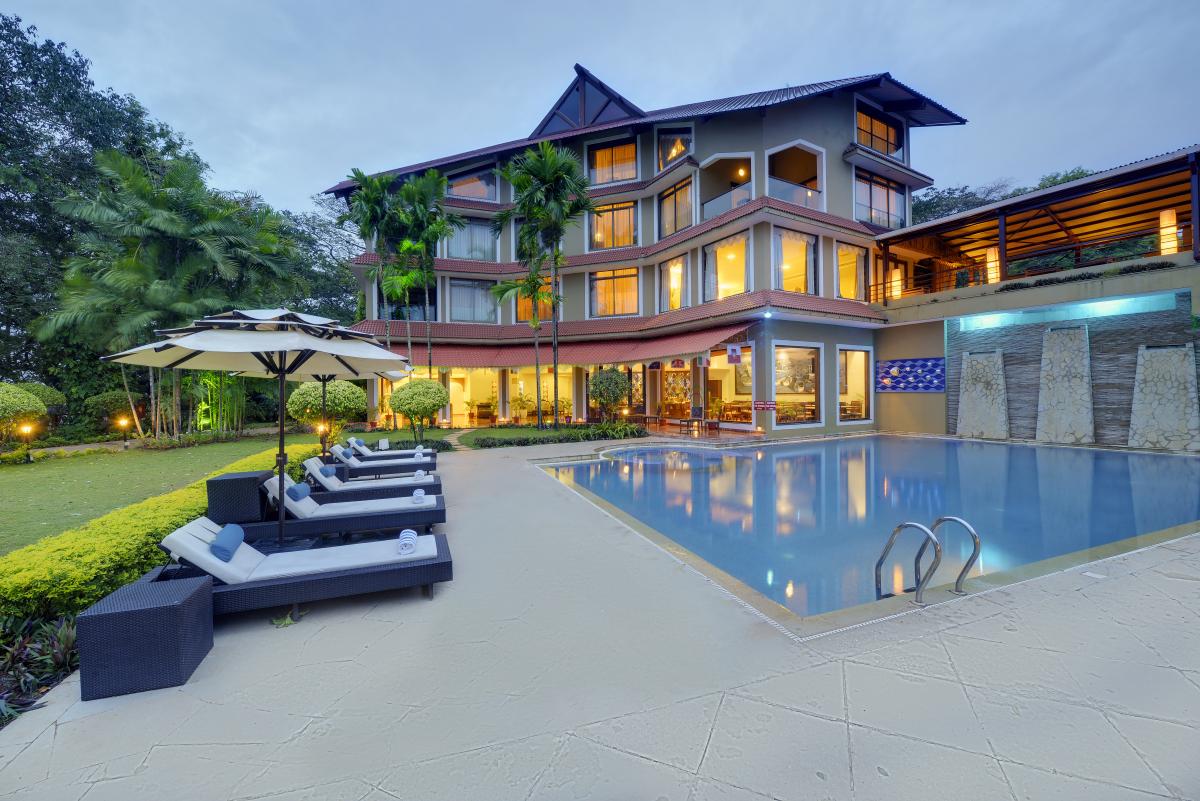 Which asset classes or sectors are you interested in next for Vision Dempo?
Which asset classes or sectors are you interested in next for Vision Dempo?
Our five-year business plan has been devised to expand our existing businesses and possibly backward integration in sectors such as real estate which will make our projects more cost effective, hence more profitable. Our business development team is proactively working on acquiring properties for hotels and real estate projects, plans for expansion in our education sectors are also being formulated. Needless to say, if there comes an exciting opportunity in a new business sector, we would give it a serious thought!
 How do you intend to fund growth in 2021 and will to expand beyond Goa or India?
How do you intend to fund growth in 2021 and will to expand beyond Goa or India?
Learning from the pandemic, our own funding is the way to go. Keeping the debt/equity ratio minimum to less than 0.5 is ideal. Hence we would prefer to plough back our own reserves and profits and fund our growth in 2021.
We would also look at listing one of our verticals on the stock exchange and go public looking beyond Goa. We would love to venture along with India’s western coast in the hospitality sector like Maharashtra, Karnataka, Kerala etc having similar demography like Goa we would surely look for venturing abroad, taking our hospitality brand to European countries like Portugal etc.
What is the secret of good governance in a family business?
Good governance in a family business can bring significant operational and competitive benefits and strong risk control measures, which can most importantly help to hand over a healthy and efficient organisation to the next generation.
Case studies on family business enterprises have shown that only a few family businesses remain viable for the third generation to lead due to poor governance measures, such as poor succession planning, family conflicts, ill-prepared next-gen leaders and, above all, poor strategic planning.
As a founder of the family business, I feel family business owners and leaders should have a strong view towards implementation on good governance, as there is a lot at stake. Strongly focus on financials control, formalising a good governance framework, structure a well-functioning and capable board of directors and, above all, plan for a successful transition by formalising a succession plan.
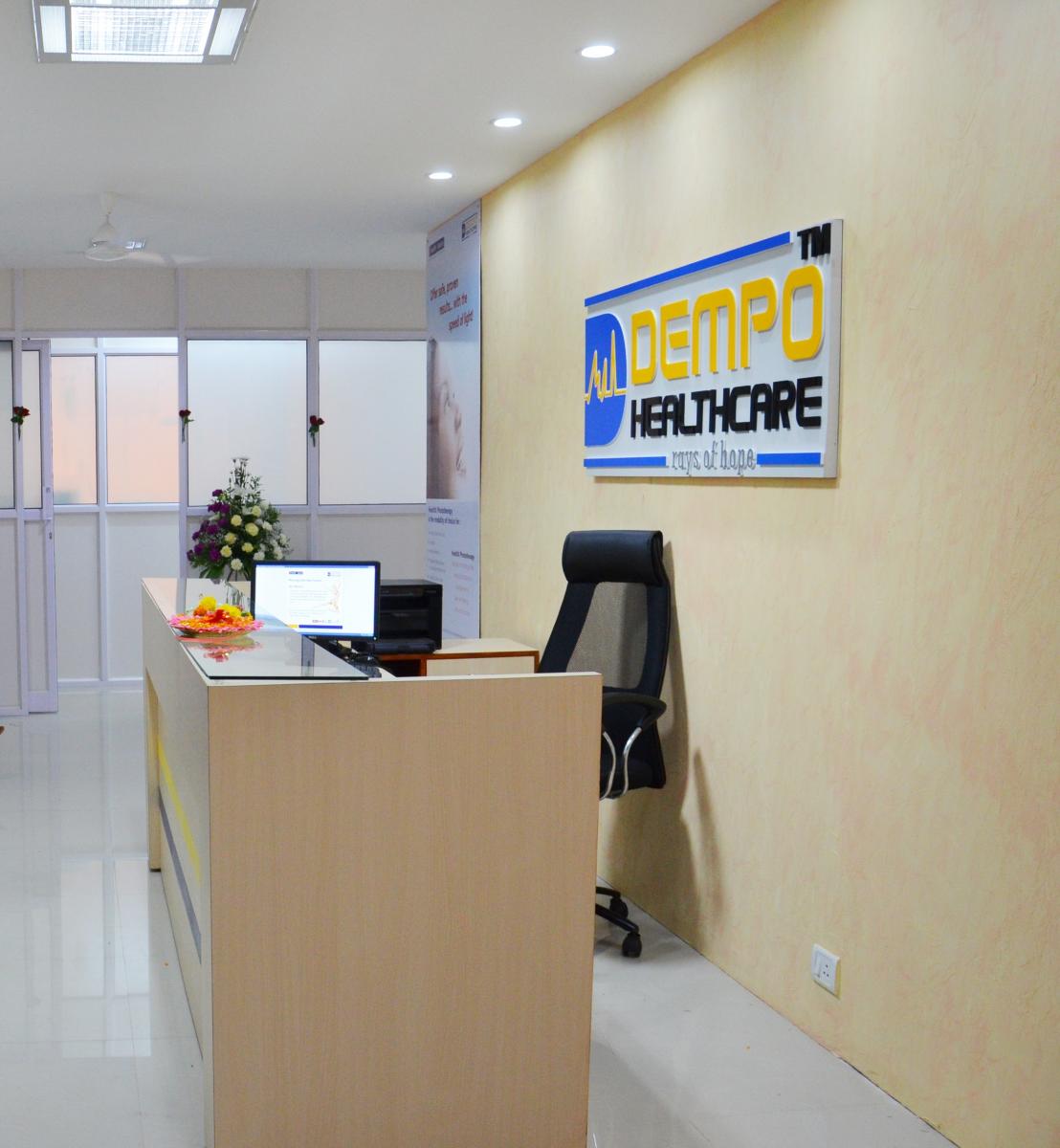 How should a family business attract and retain the best talent?
How should a family business attract and retain the best talent?
One of the most important things to do as an entrepreneur is to nurture your team. With so many big industries coming up and especially in the hospitality industry, the number of hotels increasing every day retaining talent is the biggest banes of any industry.
A strong reward and recognition program are must to deserving and talented staff and felicitation or incentives should be awarded given for achieving a particular task or project. Ongoing training is another positive factor.
Family business owners rate these two initiatives higher than salaries because what people are looking for is respect and appreciation. One of the mantras family business owners should live by is, “You take care of your team and they will take care of you and your business.”
One should ensure that every new talent we hire is passionate and has the right attitude towards work. I feel that family business owners should build a strong relationship with their staff/team so that they can retain them. This is key to managing your family business successfully.
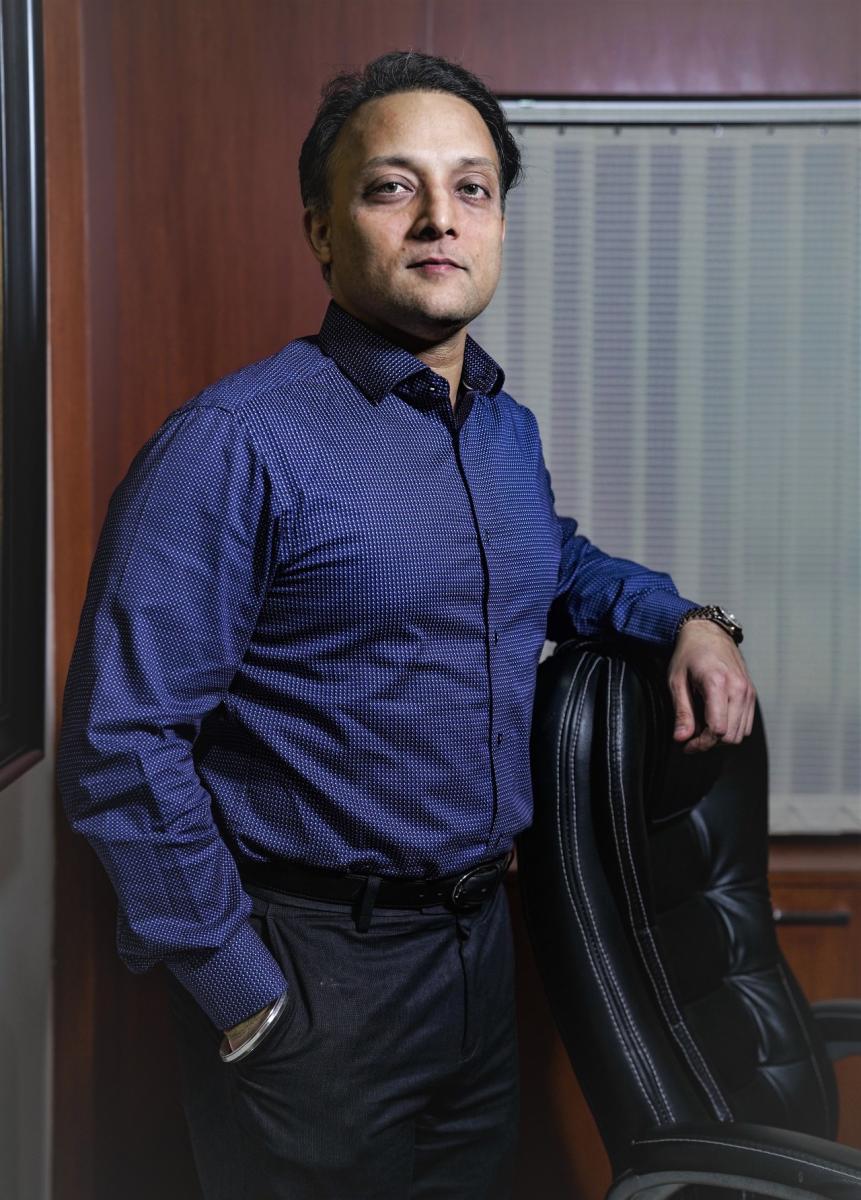 How do you measure the outcomes of your philanthropic ventures?
How do you measure the outcomes of your philanthropic ventures?
Philanthropy is all about improving the lives of less fortunate people by contributing in any way possible. The biggest outcome is the satisfaction that I personally as well as the group on the whole gets from such initiatives which keeps us motivated to do more. From regularly sending food to old age homes, offering laptops and books to needy students or providing blankets food, medical, supplies etc in disaster-stricken areas, the thought of having positively touched or improved someone’s life is second to none. As a group we will continue with philanthropic initiatives and ventures as this creates a lot of goodwill and it helps in making the world a better place.
Will you and your wife, Bhakti, encourage your sons to consider joining Vision Dempo?
We both would be more than happy if our sons Rajveer and Yuvraj would join Vision Dempo and succeed us one day. But we would always encourage them to explore new ideas or avenues perhaps to start their own business ventures. This would give them the ability and experience to stand on their own feet and to learn from their own mistakes and failures. A stepping stone for them to take risky business decisions independently in the future.






